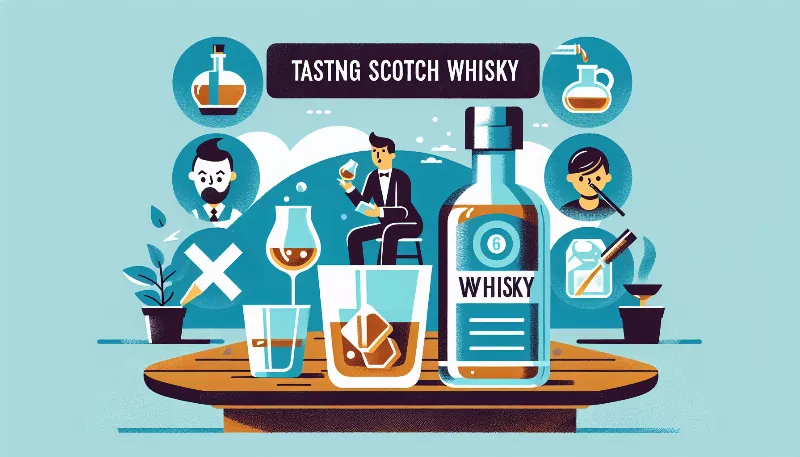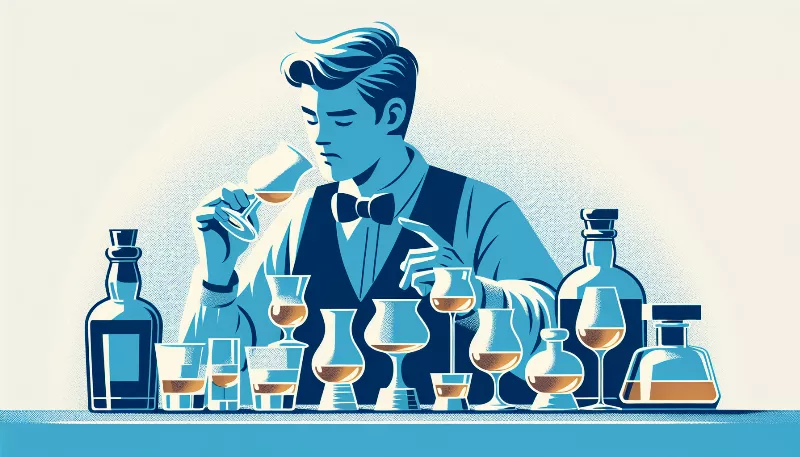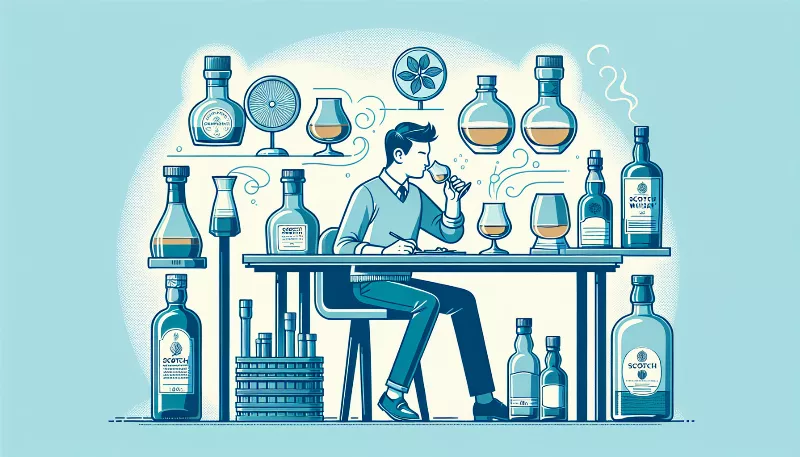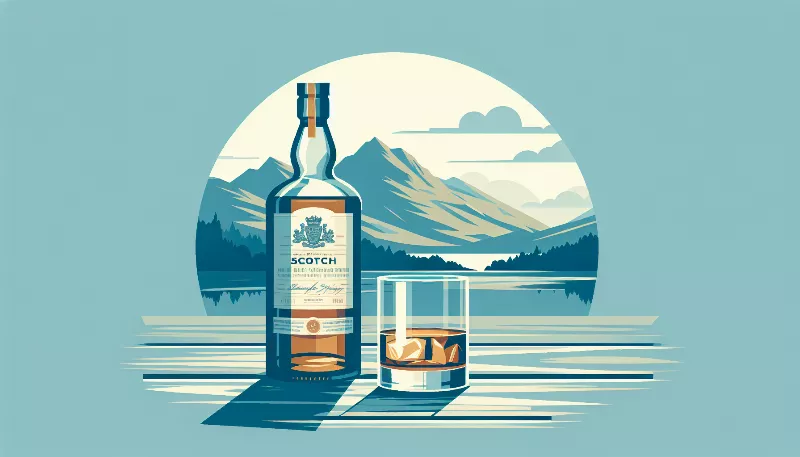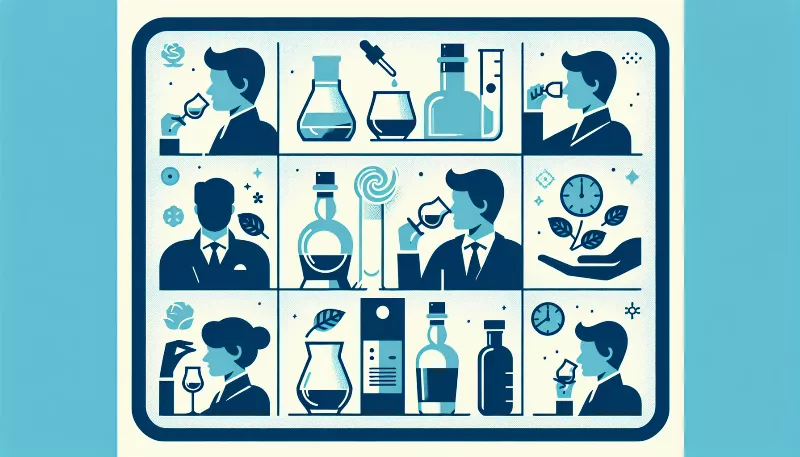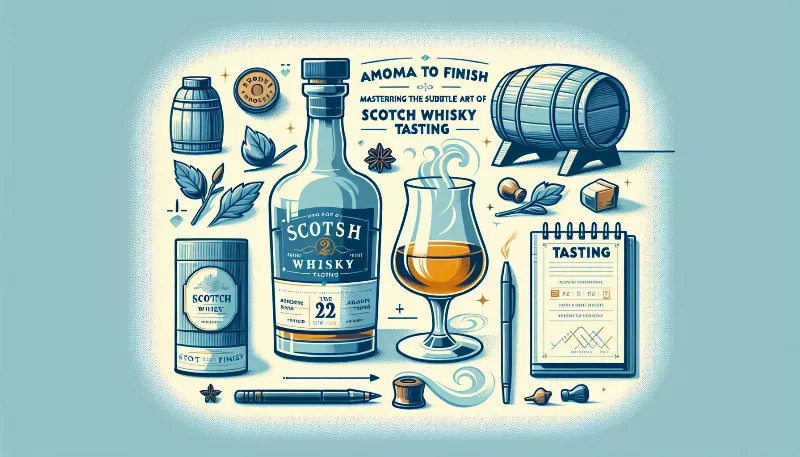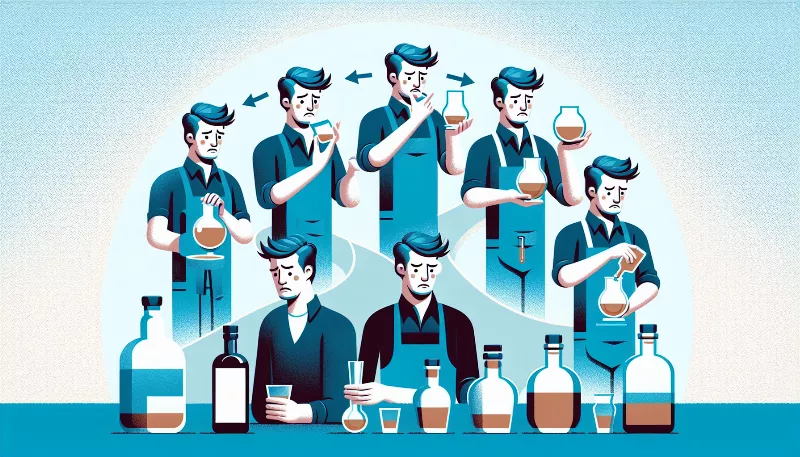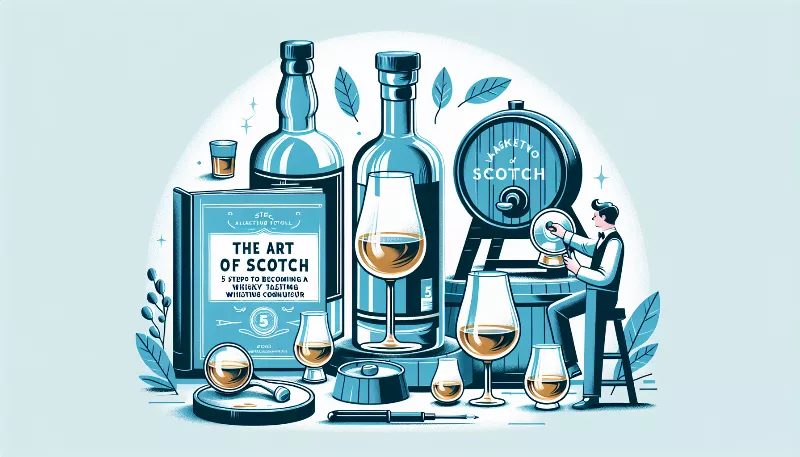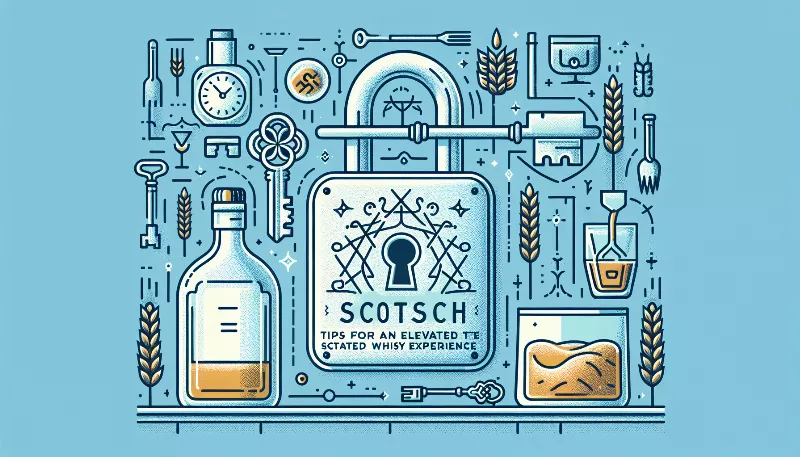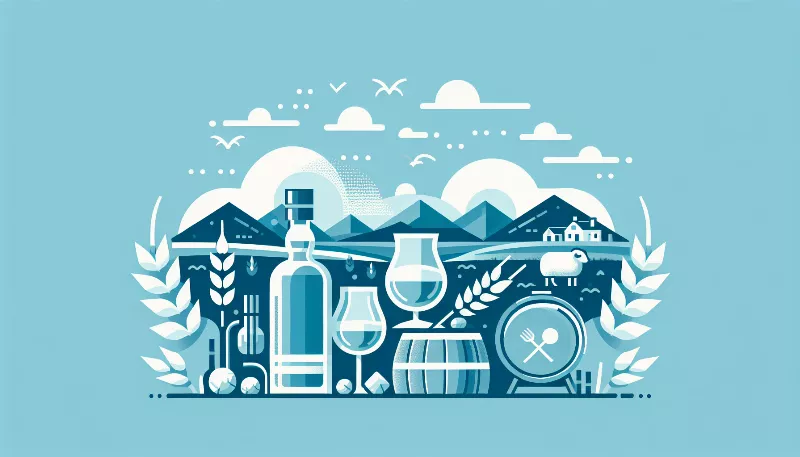A Sip Through Time: The History and Heritage of Scotch Whisky
Embark on a flavorful journey with our guide to Scotch Whisky's rich history. Discover the heritage that makes each sip a timeless experience.
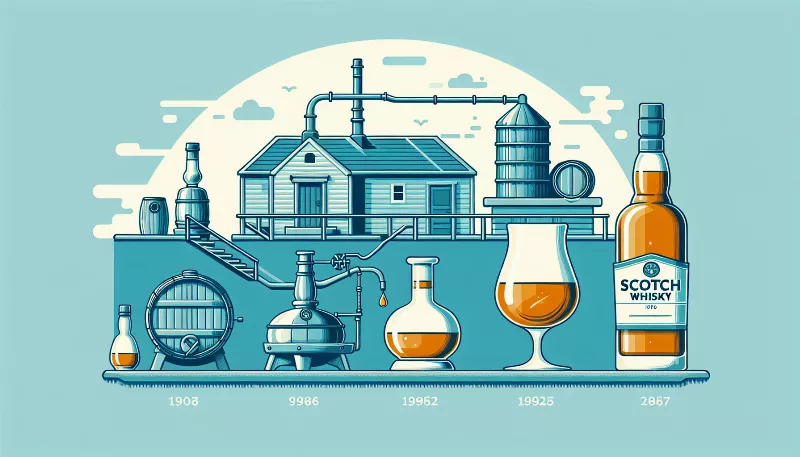
A Sip Through Time: The History and Heritage of Scotch Whisky
Embark on a spirited journey through the misty glens and rolling hills of Scotland, where the tale of Scotch whisky unfolds like a well-aged narrative, rich with tradition, pride, and craftsmanship. This isn't just a story about a beverage; it's a voyage into the heart of a nation whose soul is encapsulated in every golden drop of its most famous export. Let's raise our glasses to the history and heritage of Scotch whisky, a drink that has captivated connoisseurs and casual sippers alike for centuries.
The Birth of Scotch
The origins of Scotch whisky can be traced back to the early days of distillation, which arrived on Scottish shores via Ireland in the 15th century. It was a time of alchemy and exploration, where monks and laymen alike sought to harness the art of transforming basic grains into liquid gold. The earliest documented record of distilling in Scotland comes from an entry in the Exchequer Rolls of 1496, where a friar named John Cor is noted to have received 'eight bolls of malt' to make 'aqua vitae' for King James IV.
The Evolution of Scotch
From these monastic beginnings, the craft of making whisky spread like wildfire across Scotland. By the 17th century, distilling was commonplace, with many families producing their own whisky for personal consumption. However, it wasn't until the Act of Union in 1707 that Scotch began to resemble the industry we know today. The merging of English and Scottish parliaments led to heavy taxes on malt and stills, driving many distillers underground. This era of illicit distillation and smuggling would shape the character of Scotch whisky, as hidden stills in the Highlands produced spirits with distinct regional flavors.
The Legalization and Expansion
The 19th century brought significant changes to the Scotch whisky industry. The Excise Act of 1823 lowered taxes and made legal distillation more profitable, leading to the establishment of many licensed distilleries. Innovations such as the continuous still, introduced by Aeneas Coffey, allowed for more efficient production, while the phylloxera epidemic devastated French vineyards, creating a surge in demand for whisky. By the Victorian era, Scotch had become a global phenomenon, with blends like Johnnie Walker and Chivas Regal gaining international acclaim.
The Art of Maturation
One of the defining characteristics of Scotch whisky is its aging process. By law, Scotch must be aged in oak barrels for a minimum of three years, but many distilleries go far beyond this requirement. The interaction between the whisky and the wood over time imparts complex flavors and a smoothness that is the hallmark of a fine Scotch. The choice of cask—be it American bourbon barrels or Spanish sherry casks—adds another layer of nuance, making each bottle a testament to the patience and skill of its makers.
Regions and Varieties
Scotland's diverse geography has given rise to a tapestry of whisky styles, each with its own unique profile. From the peaty, smoky malts of Islay to the light, floral tones of the Lowlands, the terroir of each region is reflected in its spirit. Single malts, which come from a single distillery and are made exclusively from malted barley, stand alongside blended whiskies, which combine malts and grains from different sources. This diversity ensures that there is a Scotch for every palate and occasion.
Preserving Tradition and Embracing Innovation
Today, Scotch whisky continues to thrive, balancing a deep respect for tradition with a willingness to innovate. Age-old distilleries operate alongside modern establishments, all united by a commitment to quality and authenticity. As new generations of whisky makers bring their vision to the table, they contribute to the ever-evolving story of Scotch, ensuring that this beloved drink remains a vibrant part of Scotland's cultural heritage.
So, whether you're savoring a dram of single malt by the fireside or toasting with friends over a blend, remember that with every sip of Scotch whisky, you're partaking in a legacy centuries in the making. Slàinte mhath!

